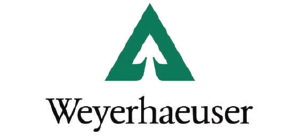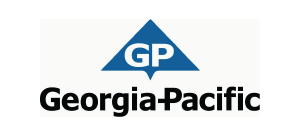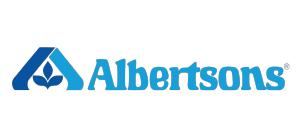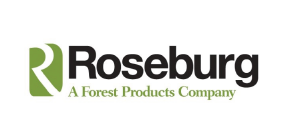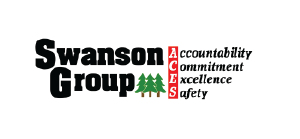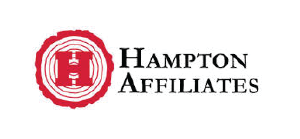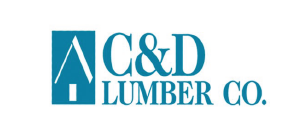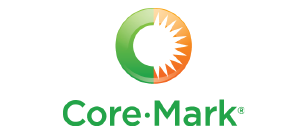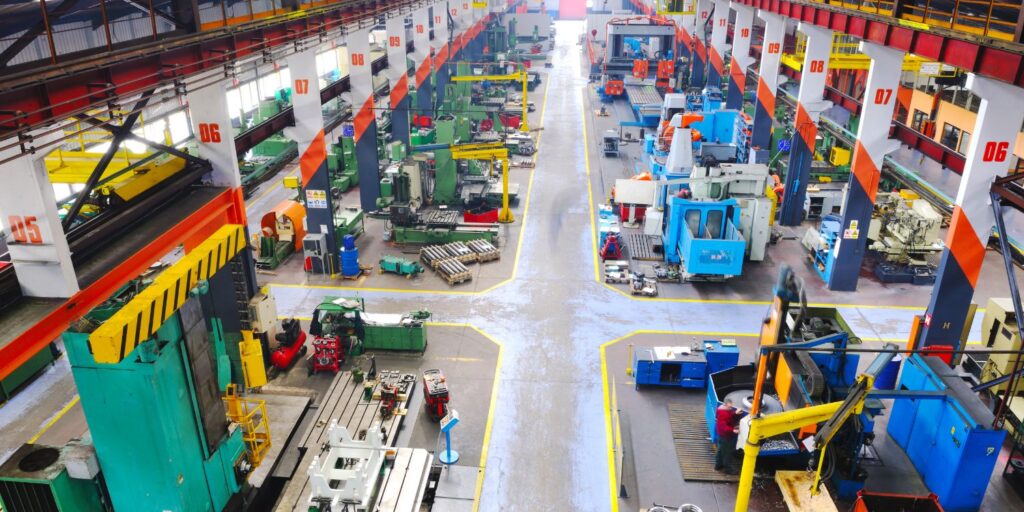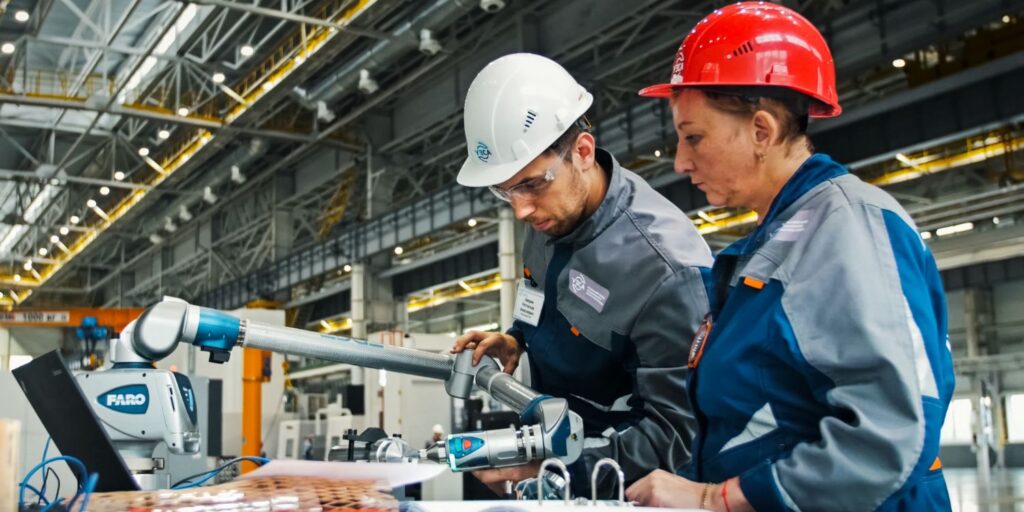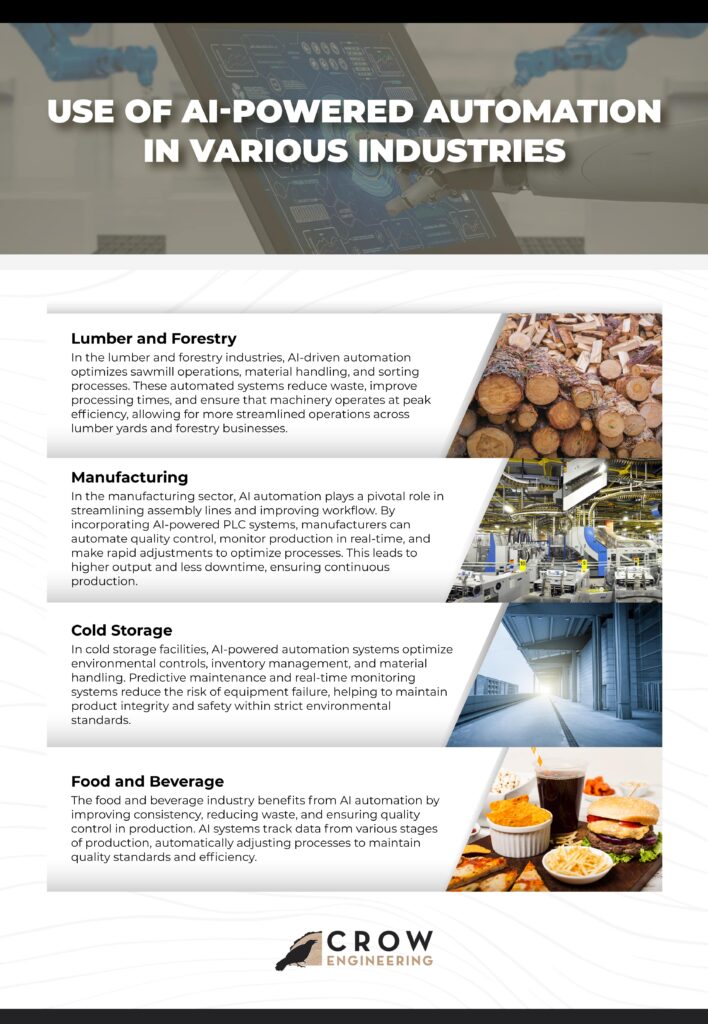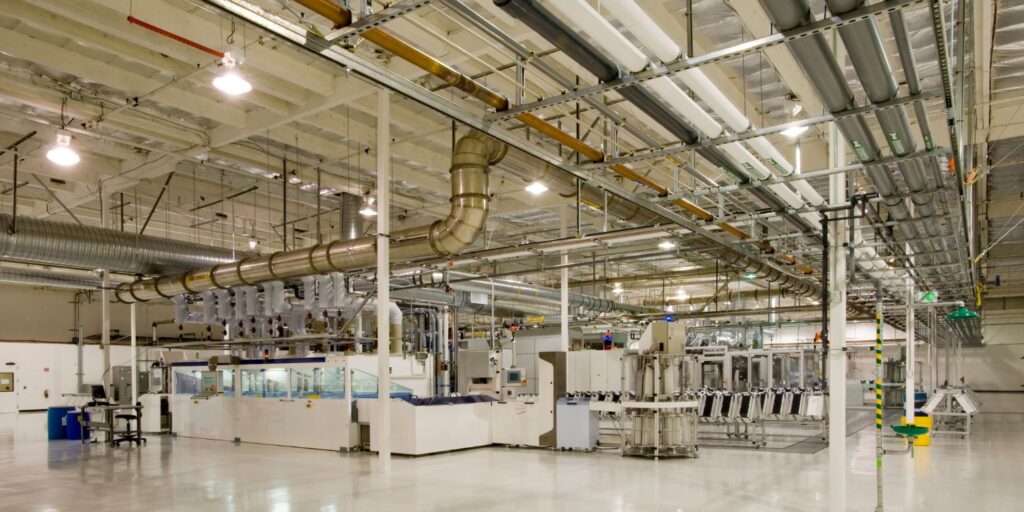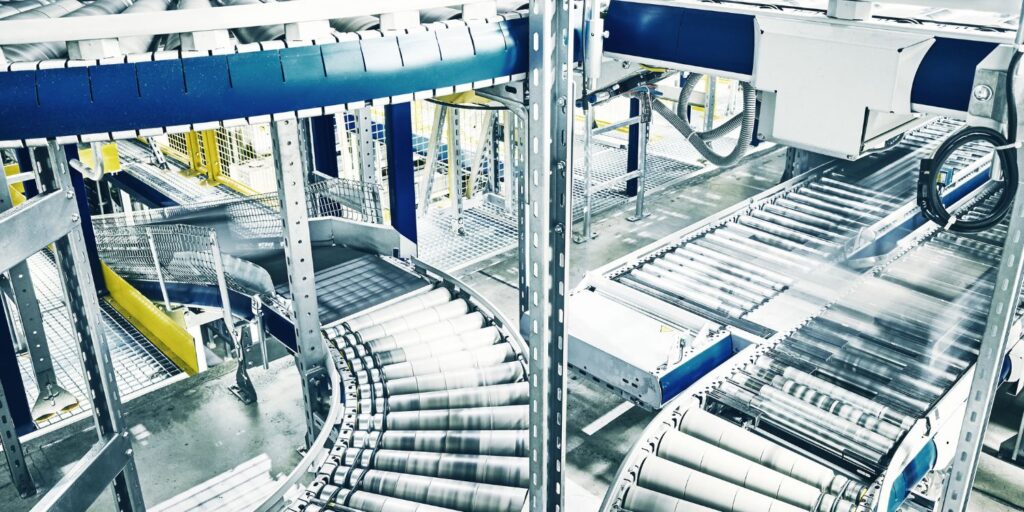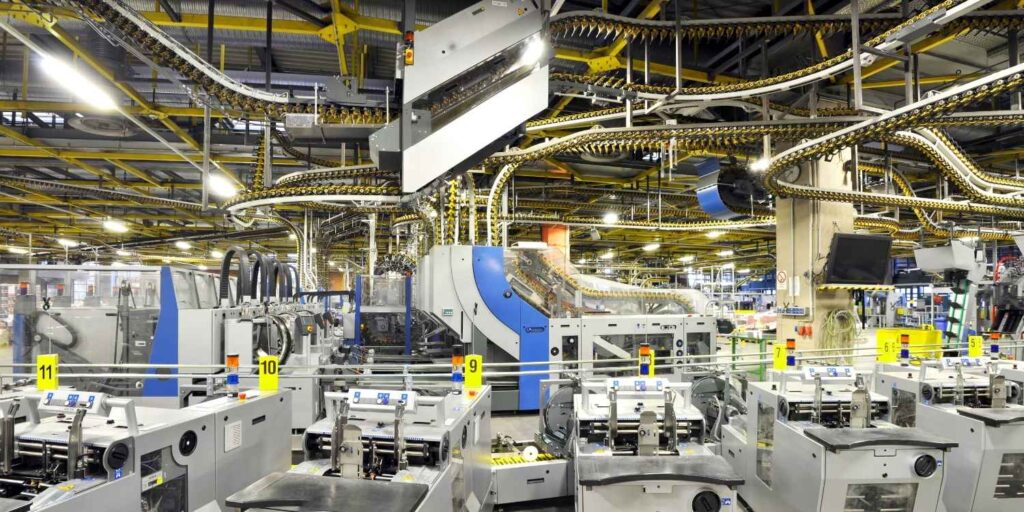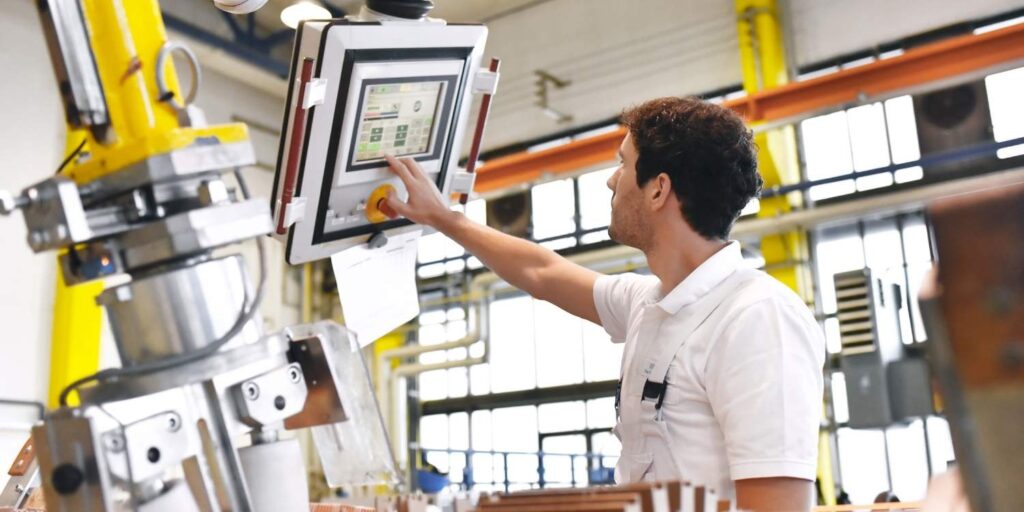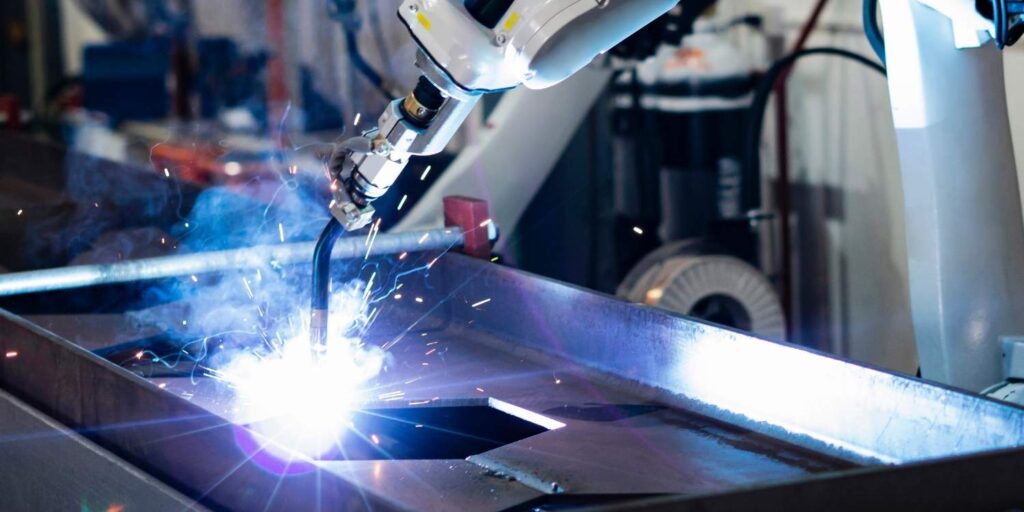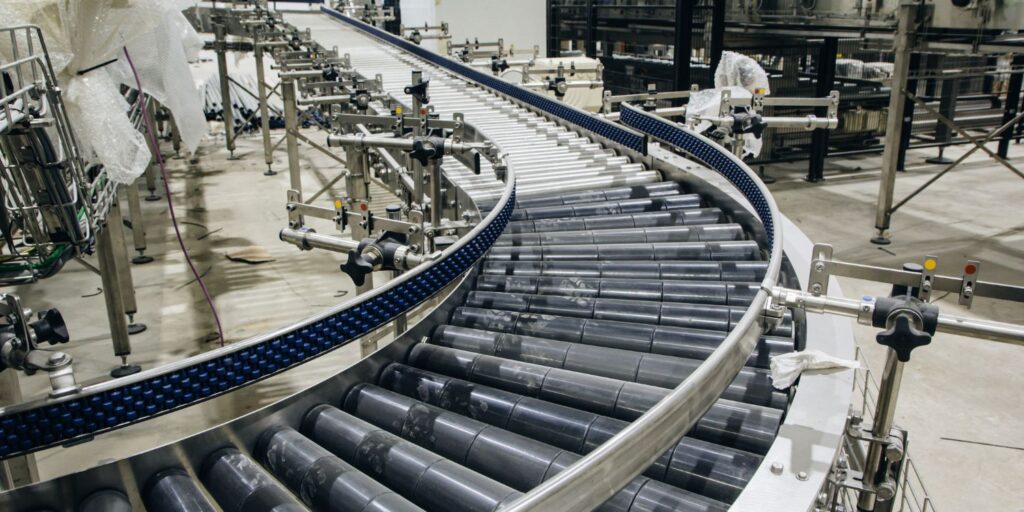Constructability reviews play a crucial role in ensuring the success of construction projects by identifying potential issues early and optimizing project plans for efficient execution.
Introduction to Constructability Reviews
A constructability review is a thorough evaluation of a construction project’s plans and specifications to ensure they are practical, efficient, and feasible. This process involves scrutinizing design documents, construction methods, and materials to identify potential issues that could impede the project’s progress.
The Many Benefits of Construction Reviews
The need for modern construction projects to be completed on time and within budget is more critical than ever. Constructability reviews help achieve this by addressing possible challenges before construction begins, thus minimizing delays, reducing costs, and ensuring the project adheres to safety and quality standards. Some of the most important benefits of construction reviews include:
- Enhancing Project Feasibility and Practicality
- Identifying and Resolving Potential Issues Early
- Cost Management and Reduction of Delays
- Improving Efficiency and Quality
- Ensuring Safety in Construction
- Navigating Regulatory Compliance
Enhancing Project Feasibility and Practicality
- Detailed Assessment of Project Feasibility – A key aspect of a constructability review is the detailed assessment of the project’s feasibility. This involves examining every element of the project to ensure that it can be built as planned. By evaluating site conditions, existing structures, and proposed designs, any potential obstacles that might affect the project’s execution are identified. This thorough assessment helps in crafting realistic and achievable project plans.
- Evaluation of Complex Designs and Construction Methods – A thorough construction review evaluates the proposed designs to ensure they are practical and executable. This includes analyzing the compatibility of different construction methods, materials, and systems to prevent conflicts that could hinder progress.
- Integration of New Systems with Existing Infrastructure – Particularly important for Brownfield projects, the integration of new systems with existing infrastructure is a critical component of constructability reviews. Construction reviews assess how new designs will mesh with established systems, identifying potential bottlenecks and conflicts. This ensures that the new construction enhances the functionality of the existing infrastructure, rather than disrupting it.
Identifying and Resolving Potential Issues Early
- Problem Identification Through Hands-On Evaluation – By thoroughly reviewing project plans and specifications, experts can pinpoint issues that might not be immediately apparent. This proactive problem identification allows for timely interventions, ensuring that the project stays on track.
- Addressing Conflicting Materials and Construction Methods – One common issue in construction projects is the use of conflicting materials and construction methods. Through constructability reviews, these conflicts are identified early on. They provide recommendations for alternative materials or methods that can be used to avoid complications, ensuring a smoother construction process.
- Preventing Costly Delays and Design Changes – By addressing potential problems early, constructability reviews help prevent costly delays and design changes that could arise during construction. Early detection of issues means they can be resolved before construction begins, saving time and money. This proactive approach ensures that the project remains on schedule and within budget, reducing the risk of unexpected expenses and project overruns.
Cost Management and Reduction of Delays
- Early Intervention to Minimize Downtime – By identifying potential issues before they escalate, construction reviews minimize downtime. This proactive approach allows for adjustments to be made in the planning phase, ensuring that the construction process proceeds smoothly and without unnecessary interruptions.
- Proactive Approach to Maintaining Project Schedules – Maintaining a strict project schedule is critical in construction. Constructability reviews adopt a proactive approach to schedule management. By addressing potential bottlenecks and conflicts early, they help keep the project on track.
- Reducing Potential Revenue Losses Due to Construction Delays – Delays in construction projects can lead to significant revenue losses. Conducting thorough constructability reviews identifies and mitigates risks that could cause delays. This careful planning and early problem-solving help prevent interruptions, ensuring that the project is completed on time and within budget, reducing potential revenue losses due to downtime.
Improving Efficiency and Quality
- Streamlining Construction Processes – Efficiency is key to a successful construction project. Constructability reviews streamline construction processes by evaluating and optimizing each step. By identifying the most efficient methods and practices, they ensure that resources are used effectively, reducing waste and improving overall productivity.
- Enhancing Coordination Among Different Trades – Effective coordination among various trades is crucial for the smooth execution of a construction project. Constructability reviews facilitate better communication and coordination between different teams, ensuring that all parties are aligned with the project goals. This enhanced coordination helps avoid conflicts and overlaps, leading to a more cohesive and efficient construction process.
- Ensuring High-Quality Standards Throughout the Project – Constructability reviews ensure that high-quality standards are maintained throughout the project. By scrutinizing every aspect of the design and construction process, they ensure that the final product meets or exceeds industry standards for a durable, safe, and high-performing structure.
Ensuring Safety in Construction
- Assessing Design for Potential Safety Issues –Constructability reviews include a thorough assessment of the design to identify potential safety issues. This involves scrutinizing design elements to ensure they do not pose risks to workers during construction or to future users of the building.
- Ensuring Safe Construction Practices – Constructability reviews also focus on promoting safe construction practices. Engineers should work closely with contractors to implement best practices for safety on the job site. This includes proper training, use of protective equipment, and adherence to safety protocols.
- Reducing Risk to Workers and Future Users of the Building – A key goal of constructability reviews is to reduce risks for both workers and future building users. They ensure a safer working environment by identifying and mitigating potential hazards in the design and construction phases. This proactive approach helps protect workers during the construction process and ensures that the finished building is safe for occupancy and use.
Navigating Regulatory Compliance
- Working with Regulatory Bodies for Code Compliance – Compliance with building codes and regulations is critical for any construction project. Constructability reviews involve working closely with regulatory bodies to ensure that all aspects of the project meet the required standards.
- Ensuring Adherence to Relevant Standards and Regulations – Constructability reviews ensure that the project adheres to all relevant standards and regulations from an expert who stays updated on the latest building codes and industry standards, ensuring that the project complies with all legal requirements.
- Facilitating Smooth Review and Approval Processes – Navigating the review and approval processes can be complex and time-consuming. Constructability reviews help facilitate these processes by ensuring that all necessary documentation is prepared and submitted correctly.
Crow Engineering offers comprehensive constructability reviews of both new and existing facilities, leveraging decades of experience in the field. Our extensive knowledge of design, engineering, and on-site supervision ensures that all aspects of a project are executable and efficient, leading to successful project completion. Contact us to realize the many benefits of a thorough and professional constructability review.
Who are we?
Crow Engineering is a multi-discipline consulting engineering firm serving mechanical, structural, and civil engineering needs for a variety of industries.
Engineering Services
the crow connection
Recent News
The Crow Connection delivers high-level insights on engineering, automation, and process optimization, helping you drive efficiency and innovation. Covering topics like AI-powered automation, manufacturing strategies, and industrial process improvements, it’s a must-read for leaders seeking a competitive edge.

